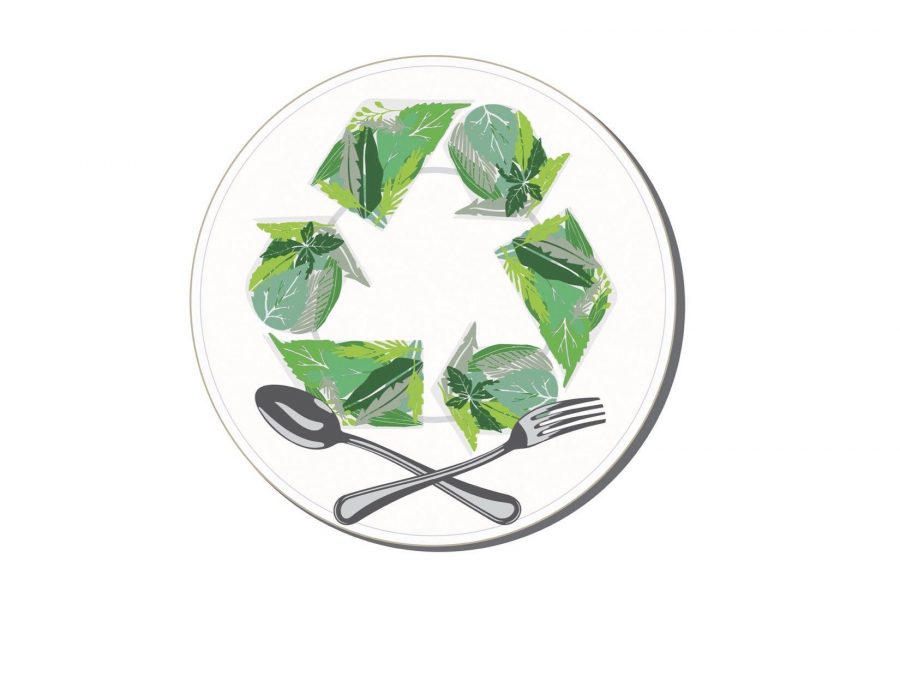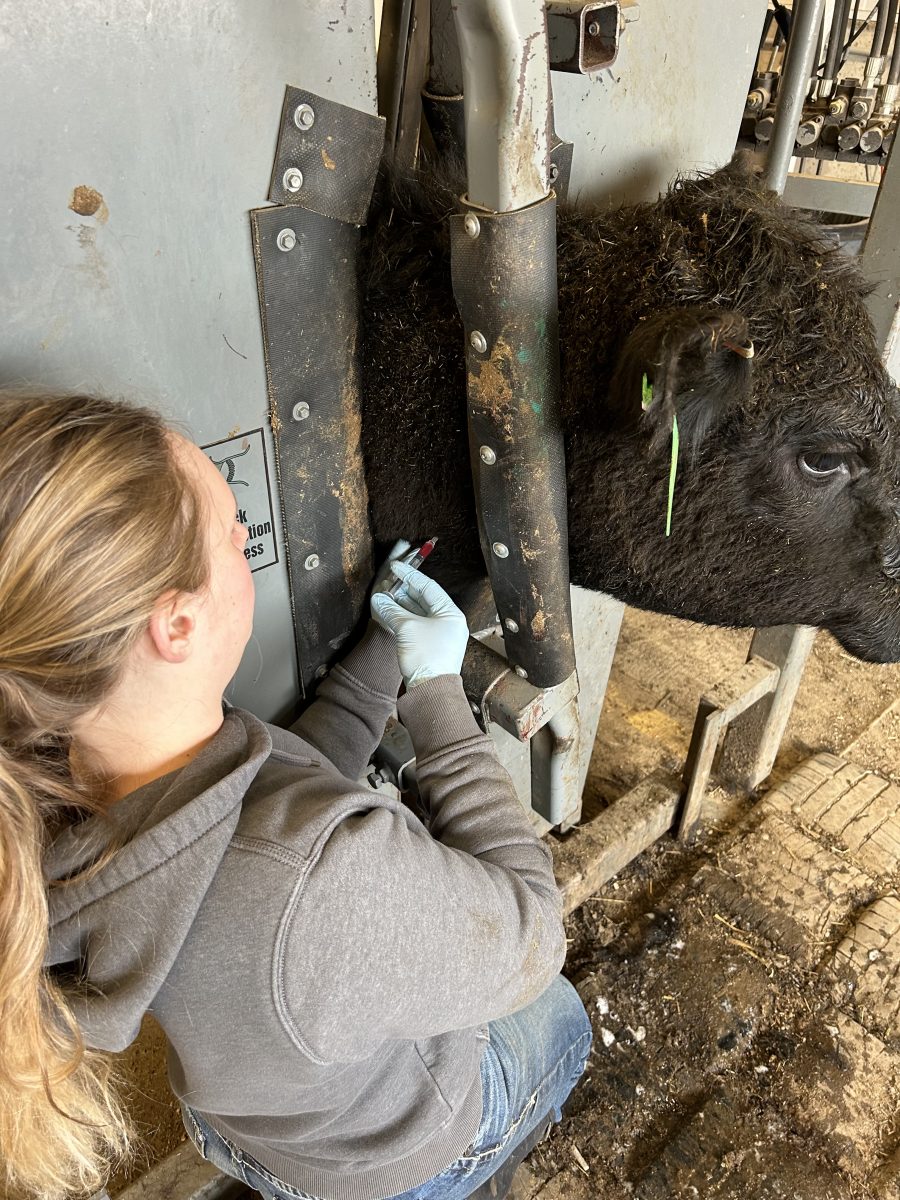Jacks Dining has implemented programs like LeanPath and Green Thread to track and reduce food waste on campus.
Dining Services teamed up with Aramark, a customer service food business, to monitor incoming food and outgoing waste to get a better idea of what they’re overproducing, and what they may need to order more of.
LeanPath is an independent sustainability company that provides Aramark managers with data applicable to either lowering or raising the amount of food they order each week, based on what students are eating and what’s being wasted.
“When the manager reviews waste information, we are able to see trends, training opportunities and if we are over producing food,” said Eric Nickelson, Aramark location manager.
LeanPath accumulates the data on its website, using information from cameras and scales to identify which kinds of foods are being thrown away most frequently, and to weigh the amount of food being wasted.
“Food takes a lot of energy and resources to make,” said Jennifer McLaughlin, SDSU Sustainability Specialist. “So, there’s a balance between making the food and eating the food we have so that we’re not overproducing and we’re not under-producing.”
In the 12 months since implementing LeanPath, Aramark general manager Heidi Haro said dining services has seen its waste numbers decrease significantly.
Haro said the program has allowed for better communication between locations with similar products.
“For example, coffee shops share milk during slow times,” she said. “And salad bars run the same menus during slow times.”
When resources are shared by facilities on campus, Dining Services doesn’t have to order nearly as much food, which reduces the amount of transportation needed, and therefore the amount of fuel emission by food transport trucks.
This is just a small part of Aramark’s overall goal to reduce waste and increase customer awareness around campus.
On average, SDSU produces around 200 pounds of waste per day, which Haro said comes from both food, grease and trash at various locations like Larson Commons and the Student Union.
While Brookings Waste Management takes care of trash and recycling for SDSU, Midwest Grease recycles between 1,400 and 2,100 pounds of fryer oil produced by the 23 different campus food locations every month.
In the last couple of years, Aramark has found ways to decrease the amount of trash being put out by offering students reusable mugs and to-go boxes.
Utilizing the mugs and to-go boxes is the easiest way for students to make an immediate impact on campus sustainability efforts, McLaughlin said.
Nickelson said implementing the reusable boxes and mugs has heightened his awareness about the direct relationship between campus dining and positive environmental impact.
He said it motivated him to begin planning new ideas about how to make Dining Services, like mapping out Aramark’s most important commitments to sustainability in what is called a Green Thread.
Aramark’s Green Thread contains information about four different ways the company works to make SDSU a more sustainable campus, their primary focus being on what they call “Responsible Sourcing,” which entails a concentrated focus on buying local.
Nickelson said Aramark tries to purchase from producers within 250 miles of Brookings whenever possible, and turns to SDSU’s own dairy farm for milk, cheese, ice cream and other dairy products.
Right now, Green Thread is central around the U.S. food market, where Nickelson said it can have the most immediate impact, though he hopes Aramark can begin implementing Green Thread’s practices at its locations abroad.
“As we become more and more aware of our environmental impact and equipment becomes more efficient, our ability to be sustainable is increased,” Nickelson said.






















